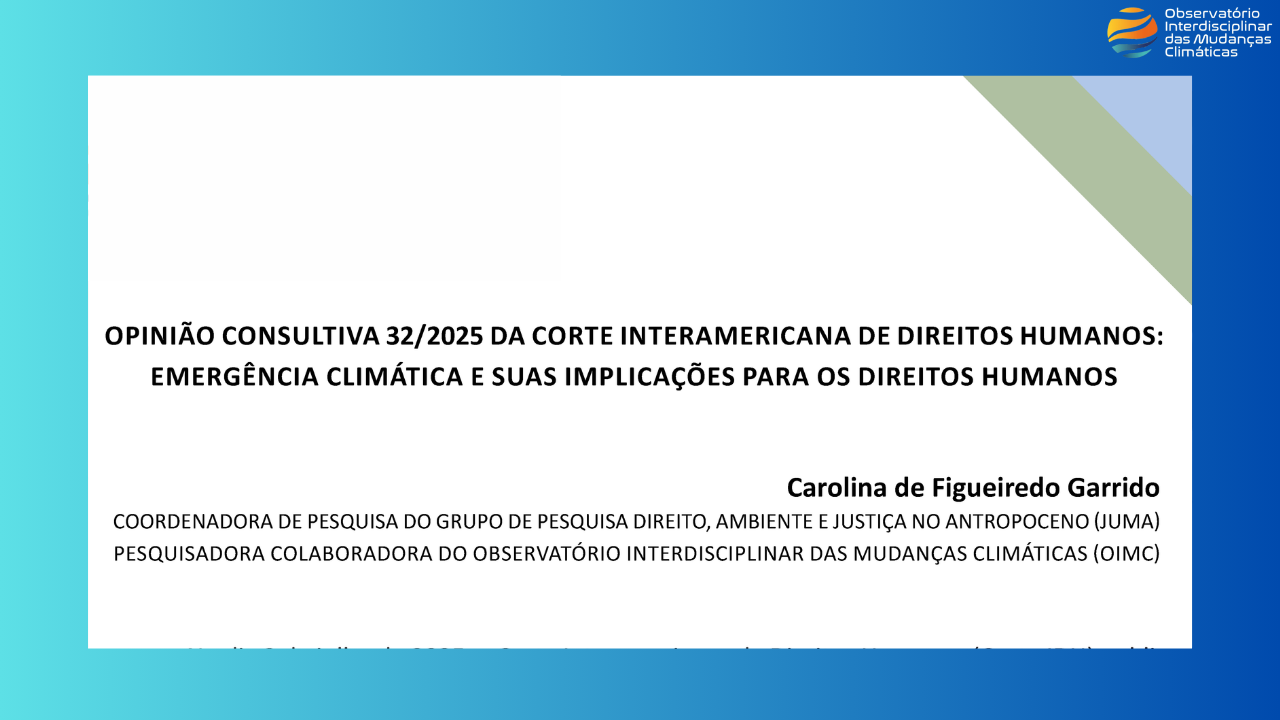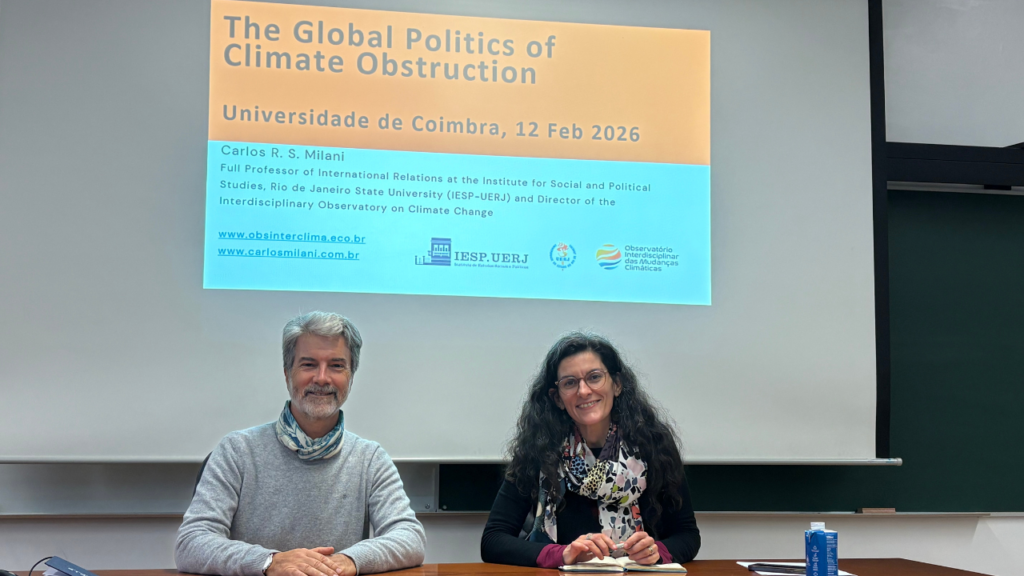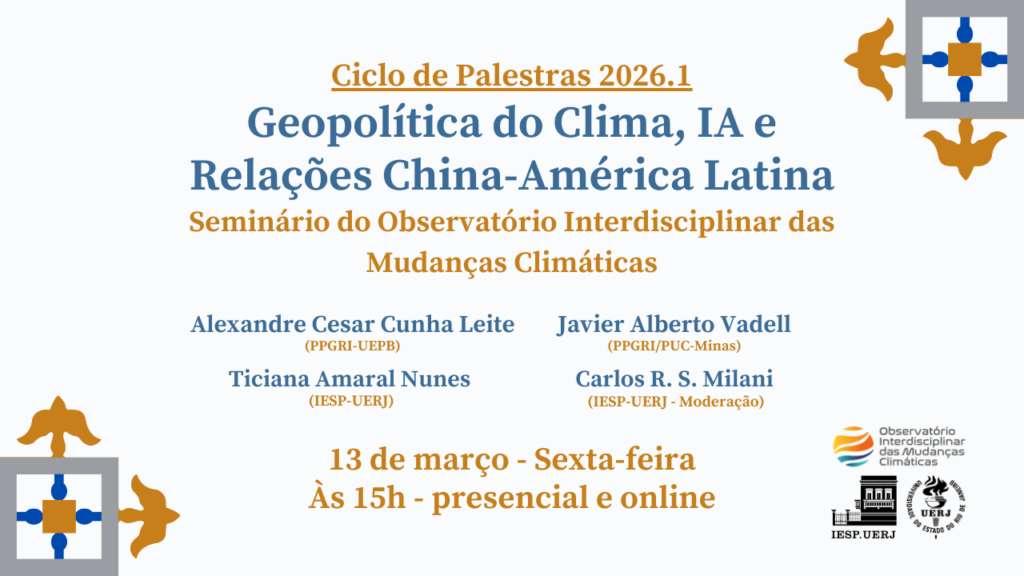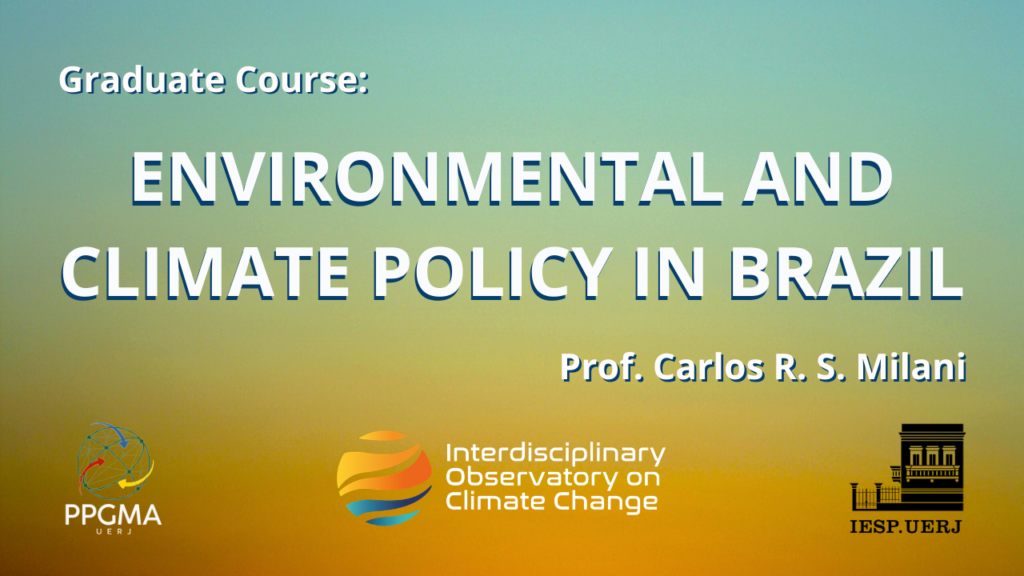The series of short texts on various topics published by the Interdisciplinary Observatory on Climate Change has just released its latest edition: Advisory Opinion 32/2025 of the Inter-American Court of Human Rights: Climate Emergency and its Implications for Human Rights. Signed by researcher Carolina de Figueiredo Garrido, this article looks at the process that led to the recent publication of the Inter-American Court of Human Rights (IACHR) opinion on climate emergency and human rights, which has been hailed internationally as one of the most progressive decisions on this topic by an international court. As part of the broad participatory process that preceded the decision, the OIMC contributed a document with written observations on the links between climate, environment and human rights and on the centrality of the concepts of climate justice and environmental racism to the interpretation of this relationship, submitted in partnership with the Research Group on Law, Environment and Justice in the Anthropocene (UMA/PUC-Rio) and the Study and Research Group on the Inter-American Human Rights System (GEP-SIDH/PUC-Rio).
Read an excerpt from this edition
The process conducted by the IACHR stands out as the most participatory among them, following a tradition of openness to interested third parties and different interventions. The Court allows interested parties to participate through written submissions and public hearings. Written observations are petitions that various actors, including academic institutions, civil society, international organisations, and States, can submit to the Court to assist in the preparation of Advisory Opinions. In the specific case of OC-32/25, 263 written interventions were received from third parties, from 613 actors, including nine from States. Public hearings were also convened in three cities, Bridgetown, Barbados, and Brasília and Manaus, Brazil, which featured presentations by 183 delegations. This made it the most participatory process for the preparation of an Advisory Opinion in the history of the Inter-American Court of Human Rights – or any other international court.
Master in Theory of the State and Constitutional Law and Specialist in Brazilian Environmental Law from the Pontifical Catholic University of Rio de Janeiro (PUC-Rio), Carolina de Figueiredo Garrido is research coordinator at JUMA/PUC-Rio, a group linked to the Centre for Research and Extension in Law and the Environment of the university’s Law Department (NIMAJUR/PUC -Rio) and a collaborating researcher at OIMC. At the Observatory, Carolina is one of the coordinators of our Climate Emergency teching module. Her research interests focus on climate change, environmental law, climate litigation, climate justice, and human rights.



